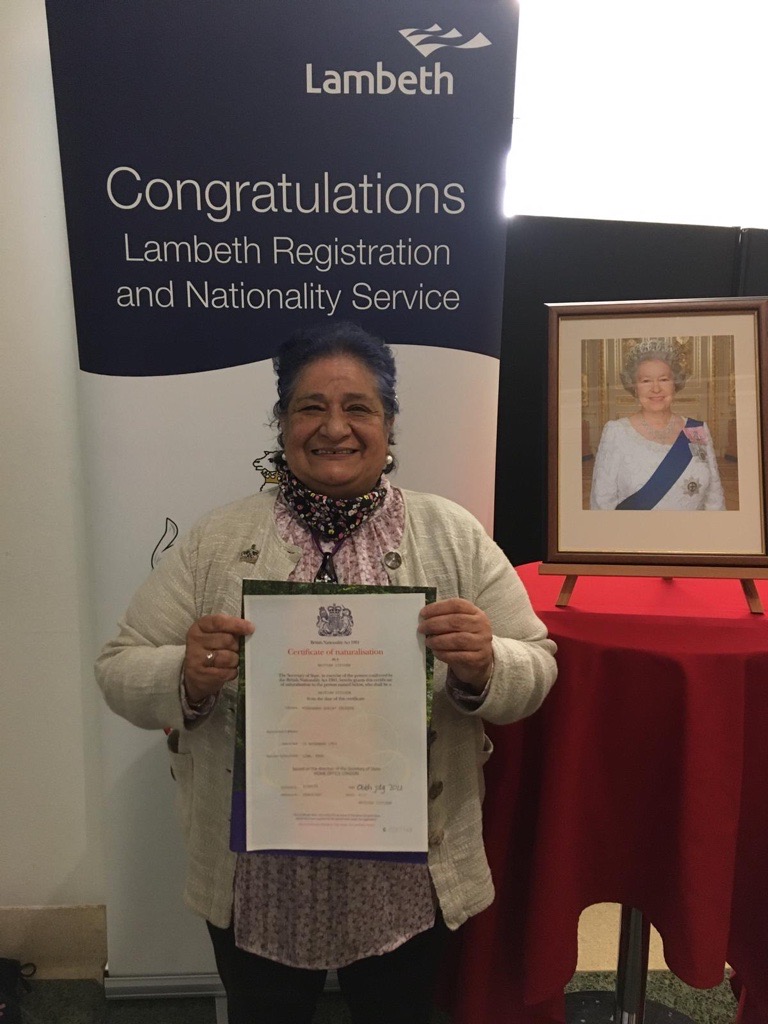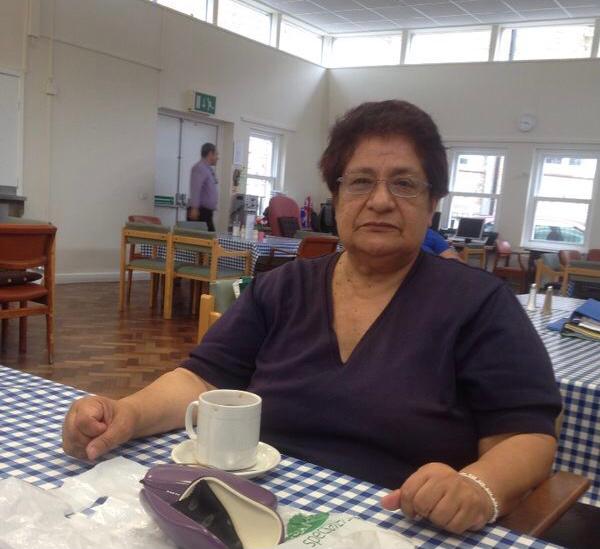About Us

Our goal is to ensure that Everyone has the Basic and Essential Skills needed for Fulfilling Lives.
The Ripe Learning Way
The Ripe Learning Way
We’re here to offer advice and guidance to all learners before they enrol, making sure any extra support needs are identified early. It’s important to us that this doesn’t impact their chances of being offered a place on the course.
Every learner will complete the BKSB Initial and Diagnostic Assessments, and a staff member will work on creating an Individual Learning Plan to match their needs. The BKSB Dyslexia and Dyscalculia Indicators also help spot learners who might benefit from a more detailed assessment by specialists.
We also use a simple Learning Styles Assessment to figure out how learners prefer to learn— whether it’s Visual, Auditory, or Kinaesthetic. This helps us provide the right resources to match their learning style.
We make every effort to use pre-enrolment information from learners or agencies to ensure effective enrolment, induction, and support, which positively impacts retention and achievement.
We offer both face-to-face and online learning, ensuring flexibility for all learners. We provide laptops and data plans to support effective study and use a mix of digital and print materials to make learning engaging and accessible. We also help learners understand the power of their networks and how to use them to open new social and career opportunities.
Our courses equip learners with practical skills, including math, to confidently navigate life and work, preparing them for new jobs and career advancement in various sectors.
At Ripe Learning, we’re committed to diversity and equal opportunities for all. Our additional learning support policy helps remove barriers by providing resources and adjustments for learners with additional needs. We continuously review our support to ensure it enhances both achievement and well-being.
Learners are encouraged to share any learning needs at any stage of their journey and can request support anytime.
Skills and neurodiversity assessments take place during the Initial Assessment, helping shape each learner’s Individual Learning Plan. Tutors and support staff can also identify potential support needs and refer learners for additional help.
Once a learner’s need is identified, the relevant staff will confirm the additional support required.
Support strategies include:
Differentiated teaching in terms of time, delivery methods, and inclusive learning materials.
Additional learning support on a one-on-one basis.
Assistive equipment or adaptations when needed.
Coping strategies and awareness resources to help learners manage effectively.
Ripe Learning is dedicated to ensuring that all teaching and support staff receive the appropriate training, with inclusive teaching practices integrated into every strategy. We make sure all staff are aware of their responsibilities and can incorporate inclusive learning into their teaching. Regular training and resources in various formats are provided to keep staff informed and up to date.
We are committed to maintaining high standards by continuously monitoring and evaluating the quality of our teaching and support services. We ensure that all learners receive the best possible experience, with regular assessments and feedback loops in place to identify areas for improvement and ensure consistent progress. This helps us refine our strategies and ensure that our learners’ needs are being met effectively.
We take a holistic approach to supporting our learners, recognising that barriers to learning can arise from various factors such as socioeconomic challenges, emotional distress, and physical or mental health issues. To help address these, we offer a range of support services, including:
Laptops and/or data plans for learners in need throughout the course.
Assistance in connecting learners with local support and advice agencies.
Help with completing Universal Credit applications.
Extended deadlines for learners facing extenuating circumstances.
Case Studies

International 'Solidarity Knows No Borders'
As part of Solidarity Knows No Borders week of action, we spoke to Peruvian migrant and Ripe Learning student Celeste Cardenas about her solidarity work at the Latin American Disabled People’s Project (LADPP), the sisterhood she found at the Latin American Women’s Rights Service (LAWRS), and how Latin American communities in London are supporting each other through the hostile environment.
Celeste, interviewed by her Ripe Learning ESOL tutor, Annie Dobson, reflected on the resilience and sisterhood she has found within these communities in the face of adversity.

Learner Interview: Celeste Cardenas
Interviewer: Hi Celeste! Thanks for joining me. How is being a Peruvian migrant in London different from Italy?
Celeste: London has a much larger Latin American community and more multiculturalism. In Italy, we only gathered for national holidays, but here, there’s more support and community.
Interviewer: When did you get involved with LADPP?
Celeste: My daughter gave me a list of Latin American organisations when I arrived in the UK, and LADPP was the first. I started learning English right away.
Interviewer: Does LADPP help with accessing services?
Celeste: Yes, they help with legal documents, funds, and support in English, which is really helpful since many of us aren’t confident in the language.
Interviewer: What other organisations are you involved in?
Celeste: I also work with Latin American Women’s Aid (LAWA), Latin American Women’s Rights Service (LAWRS), and IRMO.
Interviewer: What do you do at LAWA?
Celeste: We have an English conversation group where we also learn about different cultures. It’s a safe space to share our experiences and support each other.
Interviewer: What does solidarity mean to you?
Celeste: Solidarity means working together and supporting each other. It starts with education, empathy, and respect. We need to listen, learn, and help those who face difficult realities.
Interviewer: Anything you’d like to see Ripe Learning do to show solidarity?
Celeste: I’d like workshops on practical topics like the energy crisis and housing. It would be a great way to learn English and support each other.
Interviewer: Thank you, Celeste!
In response to the hostile environment, solidarity in London’s Latin American community is alive and strong. From connecting people with resources to creating safe spaces for learning and sharing experiences, Celeste’s story highlights how community care and resistance are essential for migrants and refugees in the UK.
Meet The Team
Melissa Huertas
Performance Manager
Anthony Djondo
Director
Meltem Ilkan
Learning Development Manager & Designated Safeguarding Lead
Lucas Guilardi Da Silva
Learning Support Officer
Ovgu Adatas
Learning Development Manager & Deputy Designated Safeguarding Lead
Ana Martins
Programmes Coordinator & Learner Recruitment
Reece Walker Djondo
Project Officer
Camila Lopes
Project Officer
Heather James
Maths Tutor
Evelyn Llumitasig
Digital Skills Co-ordinator/IT Technical Support
Dilek Pinar
Senior English Tutor/Deputy Safeguarding Lead
Alina Cosnita
Learning Co-ordinator
Parya Ahmad Pour
English Tutor/Social Media
Tuan Van Dang
English/Maths/Digital Skills Tutor
Claudia Aceituno
English Tutor
Alicia Burke
Learning Co-ordinator
Jane Hurley
English Tutor
Rebekah Ireland
English Tutor
Bruna Castilho
English Tutor/Employment Advisor
Ayesha Yasmin
Teaching Assistant